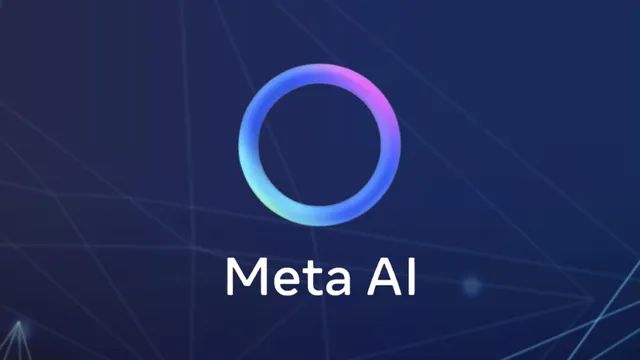Meta's AI App Debuts with Full-Duplex Voice and Social Discovery Feed

Meta has launched its standalone Meta AI app, marking its most direct challenge yet to ChatGPT and Google Gemini. Built with the Llama 4 model, the app introduces full-duplex voice interactions and leverages users' social data for personalized responses Source. Unlike embedded AI in Meta's existing apps, this dedicated platform features cross-device continuity with Ray-Ban smart glasses and a novel Discover feed showing friends' AI interactions Source.
Key Features
Full-duplex voice mode enables natural conversations without push-to-talk delays, processing 700ms faster than ChatGPT Voice Source. The Discover feed aggregates AI-generated content from users' networks, creating a TikTok-like stream of prompts and responses Source.
Data Strategy
Meta confirms European user data will train models starting May 27 unless opted out, raising GDPR compliance questions Source. The app personalizes responses using linked Facebook/Instagram profiles but encrypts private chats Source.
Competitive Landscape
The launch follows Meta's $64-72B AI infrastructure investment, contrasting OpenAI's subscription-first approach. Early tests show Llama 4 Maverick underperforms GPT-4o in LM Arena benchmarks (78.3 vs 84.7 accuracy) Source.
Social Pulse: How X and Reddit View Meta's AI App Launch
Dominant Opinions
- Pro-Adoption (50%):
- @AITrends: 'Full-duplex voice finally makes AI assistants feel human - Meta's glasses integration is genius'
- r/Futurology post: 'Discover feed could democratize AI literacy through social sharing'
- Privacy Concerns (35%):
- @EU_DataRights: 'Opt-out ≠ consent under GDPR - we're preparing legal challenge'
- r/privacy thread: 'Linking Facebook data creates invasive profiling risks'
- Skeptical Differentiation (15%):
- @AI_Insider: 'Same conversational core as ChatGPT Plus - just wrapped in Meta's data'
Overall Sentiment
While many praise the technical advancements, European regulators and privacy advocates demand transparency about training data sources.